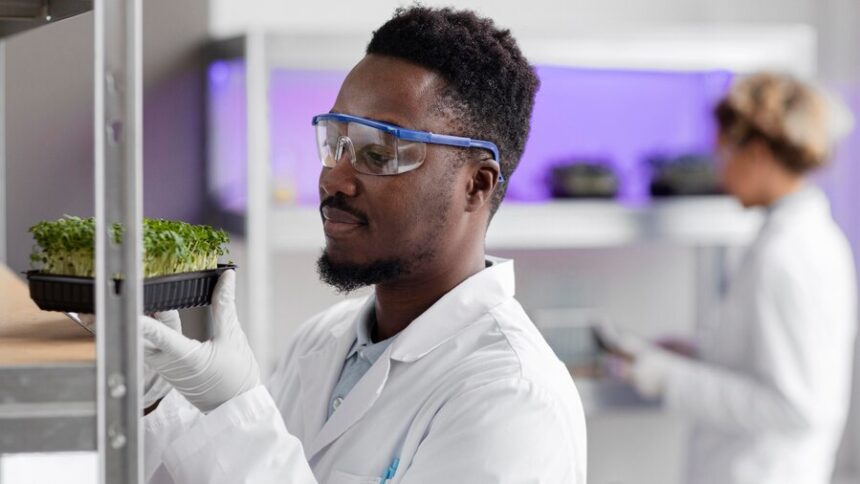Here are 10 things you should know about a Biostatistician job:
- Role and Responsibilities: A biostatistician is a professional who applies statistical methods to analyze and interpret data related to biological, biomedical, and health-related research. They collaborate with researchers, design studies, collect and analyze data, and provide statistical expertise in various areas of life sciences.
- Educational Background: Most biostatisticians hold a master’s or doctoral degree in biostatistics, statistics, or a related field. Strong mathematical and statistical skills are essential for this role, along with knowledge of biology, medicine, or public health.
- Study Design and Sample Size Determination: Biostatisticians play a crucial role in the design of research studies. They determine the appropriate sample size, choose the right study design, and provide guidance on data collection methods to ensure reliable and valid results.
- Data Analysis and Interpretation: Biostatisticians are experts in statistical analysis techniques. They use specialized software to analyze data collected from clinical trials, epidemiological studies, or observational studies. They interpret the results, identify trends, and draw meaningful conclusions.
- Statistical Modeling: Biostatisticians develop statistical models to assess the relationships between variables and make predictions. They use techniques such as regression analysis, survival analysis, or Bayesian modeling to explore complex data sets and understand the underlying patterns.
- Quality Control: Biostatisticians ensure the quality and integrity of research data. They validate data for accuracy, identify outliers or errors, and implement quality control measures to minimize bias and ensure data reliability.
- Collaboration and Communication: Biostatisticians collaborate closely with researchers, epidemiologists, and other healthcare professionals. They contribute to study protocols, present findings to interdisciplinary teams, and communicate statistical concepts and results to non-statisticians in a clear and understandable manner.
- Ethical Considerations: Biostatisticians must adhere to ethical guidelines when working with human subjects’ data. They respect privacy and confidentiality, maintain data security, and follow ethical standards in their research practices.
- Regulatory Compliance: In biomedical research, biostatisticians ensure compliance with regulatory requirements and standards. They assist in preparing documentation for regulatory submissions, such as clinical trial protocols or data analysis plans, and may contribute to the interpretation of regulatory guidelines.
- Career Opportunities: Biostatisticians work in various settings, including academic institutions, pharmaceutical companies, government agencies, and research organizations. They contribute to advancing medical knowledge, improving healthcare practices, and influencing public health policies. Career paths may include research positions, consulting roles, or academic positions in universities.
Keep in mind that the specific responsibilities and focus areas of biostatisticians can vary depending on the organization and research field they work in.
Join 'Farmers Mag' WhatsApp Channel
Get the latest Farming news and tips delivered straight to your WhatsApp
CLICK HERE TO JOIN






